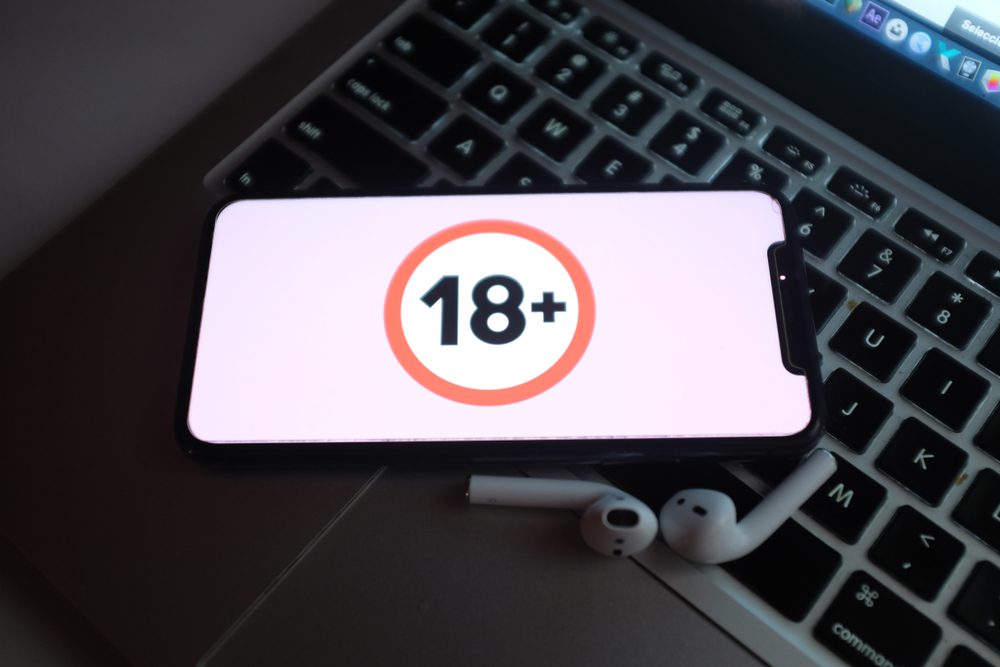
After years of legal battles, the French government is in the midst of a new legislative process aimed at introducing an age-verification system to restrict access to pornographic websites for minors, Euronews reports.
In an interview with Le Parisien, Jean-Noël Barrot, the French Minister for Digital Affairs said on Sunday, February 5th, that details of the new “digital certificate” for verifying a user’s age will be specified during the coming week, and the government plans to implement the measure starting in September.
“2023 is the end of access to pornographic sites for our children,” the minister said. Restricting online pornography for minors was among the important promises of President Macron’s campaign for re-election last year. Finally putting an end to a years-long row between regulators and porn sites will count as a major victory for the government.
Designing a digital certificate that protects personal data from third parties (such as porn sites and advertisers) can be challenging for legislators as well. According to Minister Barrot, the certificate will work similarly to “the checks from your bank when you buy something online.”
The legislation follows the publication of a 150-page report, unveiled in the French Senate last September, entitled “L’Enfer du Décor” (Hell behind the scenes). The report explores the dark underbelly of the porn industry, denouncing the terrible working conditions a significant portion of women in the industry are subjected to, including physical violence, rape, financial exploitation, and “modern slavery.” The report also put forward 23 recommendations—not only to provide more extensive legal protection for women in the porn industry but also to prevent minors from accessing adult content.
It has been more than two years since the French parliament voted for blocking pornographic content for minors online, and it tasked France’s media regulator Arcom (then CSA) with enforcing a more thorough age verification on adult sites. The agency proposed clamping down on websites unless they install credible age verification mechanisms themselves last year, but the constitutional court put the initiative on hold, citing concerns for users’ privacy and anonymity, after industry giants (like PornHub) claimed it would violate freedom of expression rights.
The report, therefore, proposed giving more power to regulators to impose larger fines, as well as calling for the government to introduce a central age verification system, rather than leaving it up to the adult sites. The decision to move toward a solution that involves a digital certificate came last December after the country’s Audiovisual Council ruled that porn companies are breaking the law by not having stricter verification methods.
The reasoning behind the legislation is quite straightforward: minors can and do access online porn on a regular basis, despite its illegal status. The report noted that two-thirds of people under 15 have had access to online pornography. This corresponds to other statistical data that has been emerging in recent years. According to one study from 2016, 93% of boys are exposed to online porn before they turn 18, and the average age of first exposure is 11. Online pornography has also been shown to be harmful to users’ mental and physical health—especially to young users—while also being extremely addictive.
